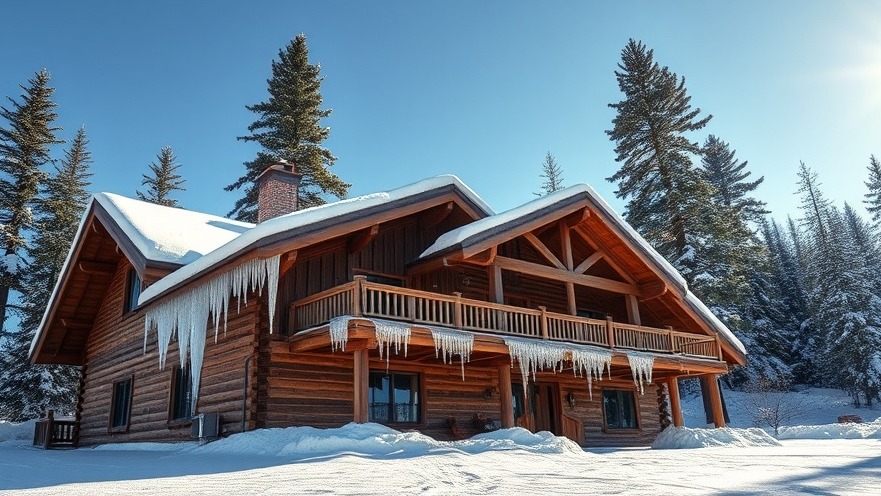
Rising Energy Costs: A Call for Action in Boutique Hospitality
As energy prices soar and climate change continues to loom large, boutique hospitality professionals face unique challenges. With high operational costs influencing guest experiences, it’s essential for small hotels, Airbnb operators, and eco-lodge managers to prioritize energy efficiency in their establishments. This home energy efficiency checklist provides actionable steps that can maintain comfort for guests while significantly reducing energy use.
Your First Step: An Energy Audit
Starting with an energy audit is critical. This assessment identifies areas in your accommodation where energy is wasted, helping to target your efforts effectively. Organizations such as NYSERDA offer no-cost energy assessments to help you pinpoint where improvements can be made. An audit provides a detailed plan, allowing you to focus on changes that can save you money and improve guest comfort year-round.
Enhancing Insulation: Comfort and Savings
Proper insulation ensures that your temperature-controlled environments—be it a cozy cabin or a chic apartment—remain privy from temperature fluctuations outside. Using a mix of batts in attics and spray foam in walls can create a comfortable space for your guests while reducing energy expenses. Such improvements help ensure that your eco-lodge or guesthouse aligns with your sustainability narrative.
Alternative Heating Sources: Embrace Change
Evaluating your heating sources can lead to significant cost reductions, especially in colder months. Consider options like a geothermal heat pump. This energy-efficient alternative can drastically reduce heating costs and create a competitive edge in the eco-lodge market by emphasizing sustainability. Additionally, adding a pellet stove not only warms guests’ hearts but provides an intimate ambiance, enhancing their overall experience.
Summer Preparation: Optimize for Heat
During the warmer months, ensuring energy efficiency continues is crucial. Focus on sealing or replacing old windows to prevent cool air from escaping. Simple tasks, like applying a fresh bead of caulk around windows and cleaning ducts, can enhance airflow and efficiency, prepping your rooms for full occupancy. This kind of proactive maintenance resonates well with eco-conscious travelers seeking sustainability in their lodging.
The Importance of Ventilation: Breathe Easy
Adequate attic ventilation is essential not just for maintaining structural integrity but also for providing adequate air quality for guests. In warmer months, hot air trapped in the attic can drastically affect the temperature indoors, leading to over-reliance on air conditioning. Simple solutions like ridge vents or attic fans can alleviate this issue and maintain comfort levels without wasting energy.
Educate and Inspire Guests
Implementing energy-efficient practices isn’t just about savings; it’s a way to educate guests on sustainable living. Provide information on energy conservation efforts in your spaces, from low-energy lights to recycling programs. This not only enhances the experience but also connects guests emotionally to your commitment to sustainability, making them more likely to support your operations and return in the future.
Conclusion: Take Action for a Sustainable Future
As the boutique hospitality industry adapts to new economic realities, focusing on energy efficiency becomes a crucial strategy. By embracing sustainable practices, such as those detailed in this checklist, you can improve guest comfort, reduce operational costs, and enhance your establishment's reputation as a mindful, eco-friendly destination. Don’t wait for energy costs to rise further—take actionable steps today to make your accommodation more sustainable.
 Add Row
Add Row  Add
Add 




Write A Comment